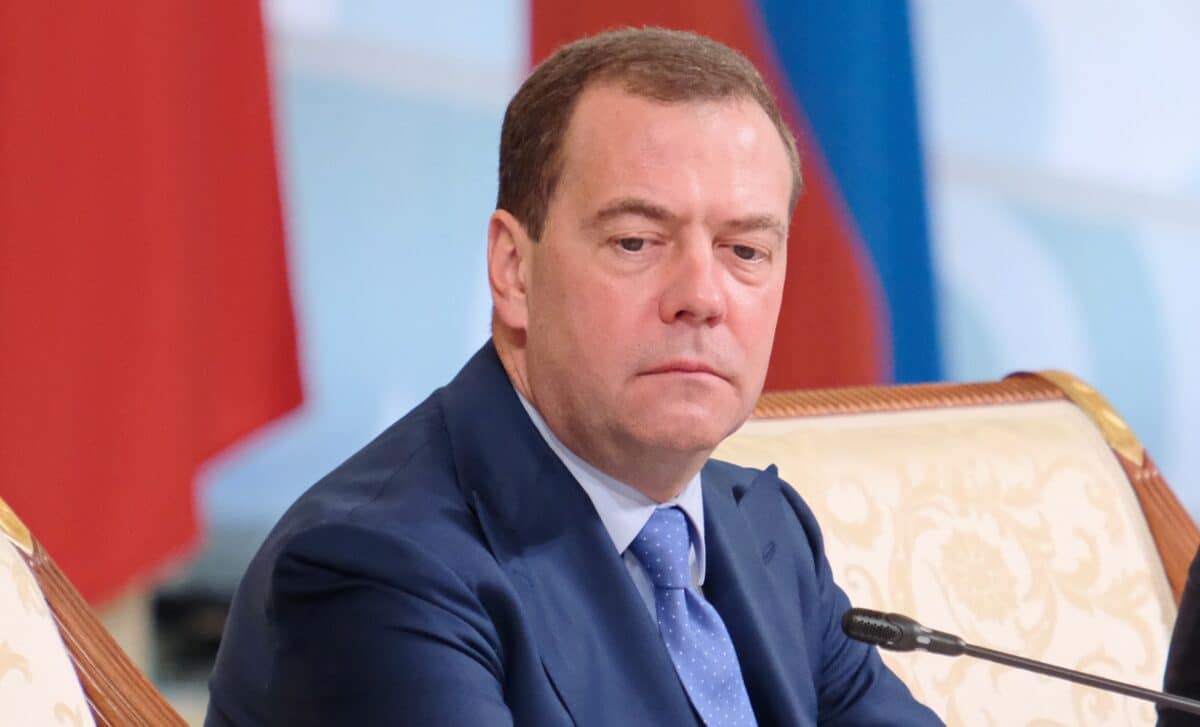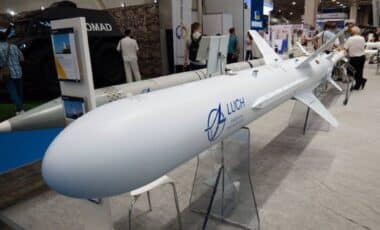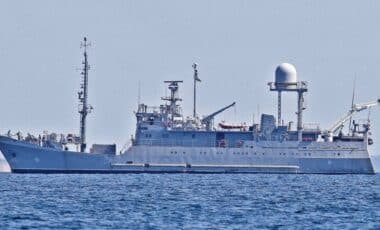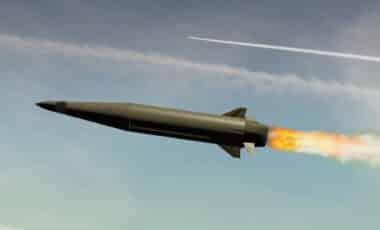Dmitry Medvedev, the deputy chairman of Russia’s Security Council, has made alarming remarks suggesting that certain countries are now prepared to directly provide Iran with nuclear warheads. This statement follows a significant escalation in tensions between the U.S. and Iran, after the U.S. carried out military strikes on Iranian nuclear sites, including Fordow, Natanz, and Isfahan.
The Russian official’s comments were made via Telegram, where he outlined the growing risk of nuclear proliferation in the region. Medvedev, a key ally of Russian President Vladimir Putin, expressed concern over the future trajectory of Iran’s nuclear ambitions, particularly in light of U.S. actions, reports Newsweek.
What are these B-2 bombers the U.S. used to attack Iran?
U.S. Strikes Intensify Tensions
According to Medvedev, the recent U.S. attacks on Iranian nuclear facilities have led to an irreversible situation where Iran’s nuclear enrichment program will continue. He emphasized that the production of nuclear weapons by Iran appears inevitable.
The U.S. military operation, described by President Trump as a “spectacular success,” targeted three major Iranian nuclear sites: Fordow, Natanz, and Isfahan. While the U.S. hailed the mission’s success, experts remain uncertain about the full extent of the damage caused.
The strikes come amid heightened hostilities between Israel and Iran, with the U.S. taking the lead in responding to the growing concerns about Tehran’s nuclear program. Israel had repeatedly urged the U.S. to act, fearing that Iran was on the verge of developing a nuclear weapon. However, Iran insists that its nuclear program is peaceful and intended for civilian use.
Medvedev’s Warning on Nuclear Fallout
Medvedev’s statement came after a series of attacks on Iranian soil, which he described as significantly escalating the conflict. He warned that the U.S. was now “entangled in a new conflict” with the potential for ground operations looming.
Russia’s concerns about nuclear fallout were echoed by Medvedev, who highlighted the risks of further military actions, potentially involving nuclear weapons, given the unstable regional dynamics. The former Russian president also noted that Israel had been targeted in the ongoing exchanges, with explosions rocking its cities.
The Russian official also criticized U.S. President Donald Trump for leading the country into another conflict in the Middle East, marking a stark contrast to the former president’s claims of having been a “president of peace.” Medvedev’s remarks underscore the significant geopolitical implications of the escalating violence, which could stretch beyond Iran and Israel.
Global Reactions and Escalation Concerns
Following the U.S. attacks, there has been a range of reactions from political leaders and international officials. Iranian Foreign Minister Seyed Abbas Araghchi condemned the airstrikes, calling them a violation of international law and the U.N. Charter.
Iran reserved the right to defend itself, signaling that further retaliation could follow. The Trump administration, in turn, has made it clear that any attacks on U.S. personnel or assets would be met with overwhelming force.
On the other side of the spectrum, U.S. lawmakers have expressed concerns about the constitutional and security implications of the strikes. Representative Ro Khanna argued that the U.S. should avoid becoming further entangled in the Middle East, suggesting that the War Powers Resolution, which he co-sponsored, could prevent future escalations. Meanwhile, Republican leaders, including Senator Lindsey Graham, have defended the U.S. actions, calling them a necessary military response to Iran’s nuclear ambitions.








